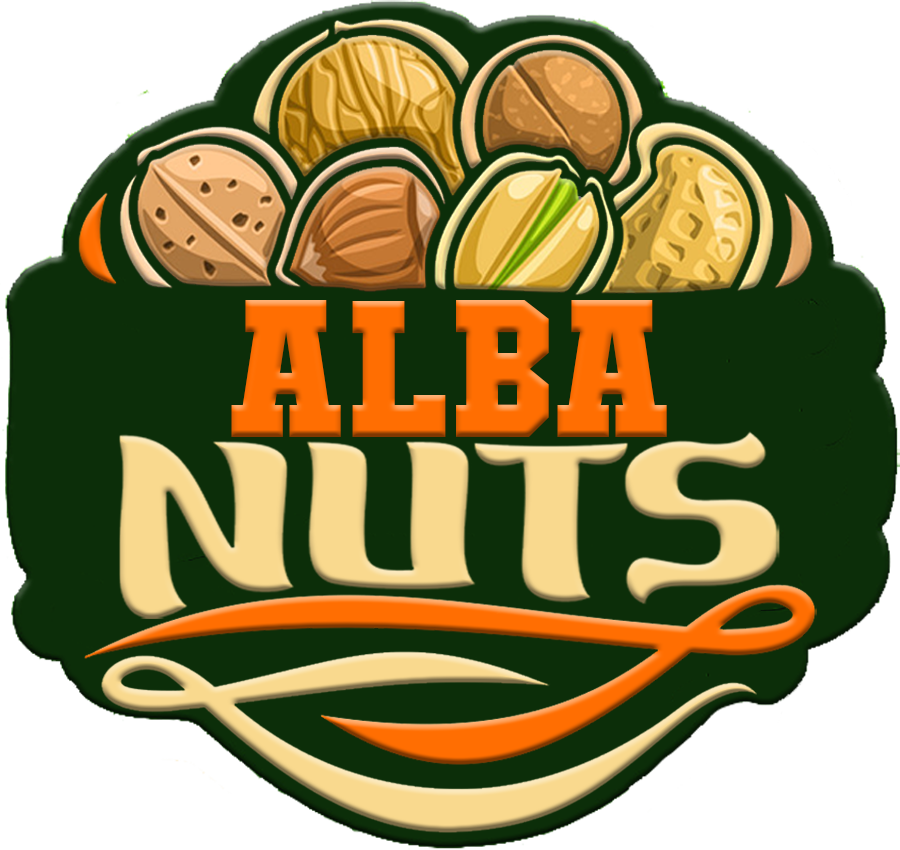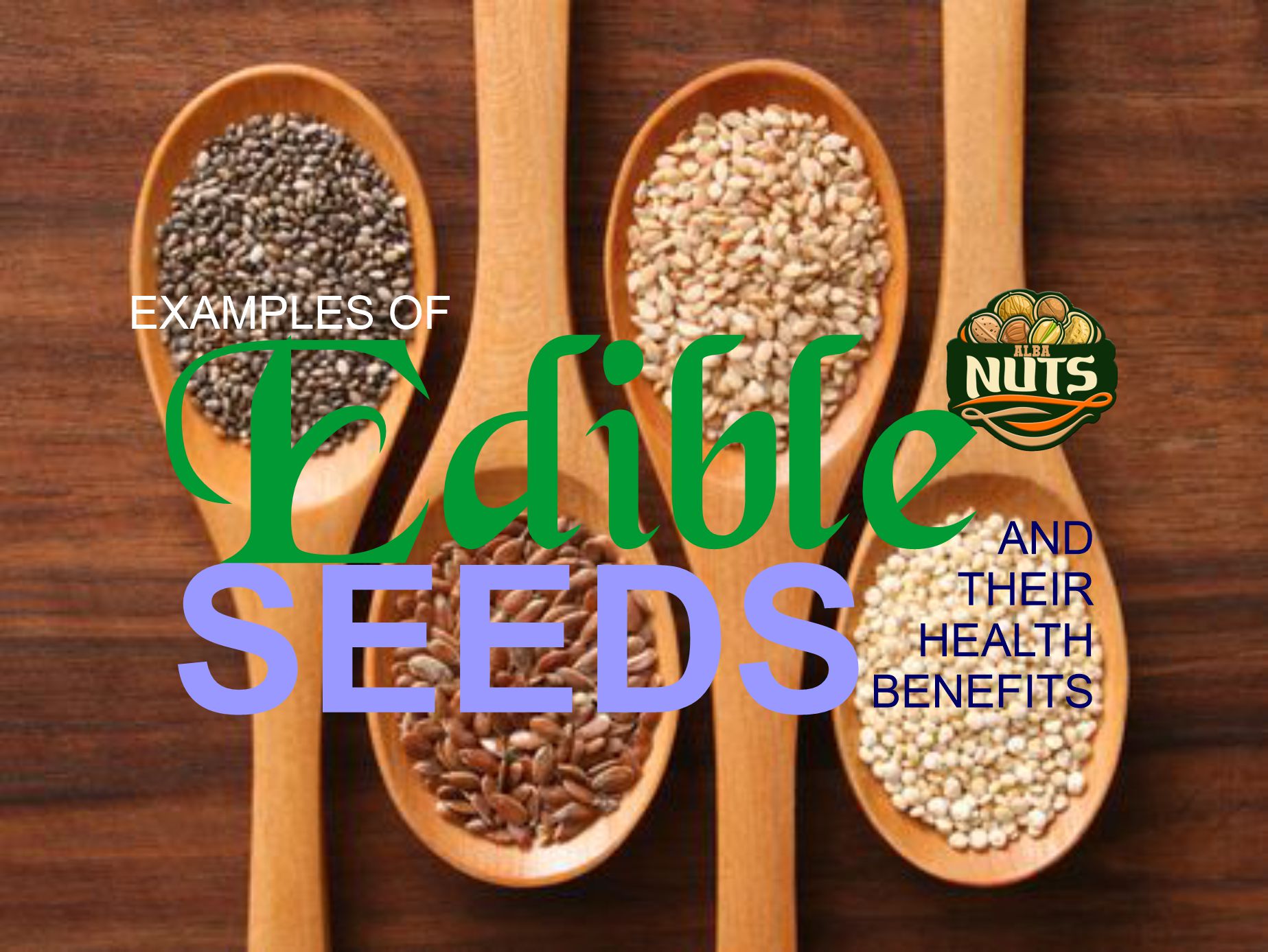Chia Seeds
They are tiny seeds that pack in 10g of fibre in a 2-tablespoon serving. They are also rich in omega-3 fatty acids, antioxidants and minerals such as zinc, calcium, magnesium and iron. They can easily be added to your favourite dish. Just sprinkle them ground or whole onto yoghurt, vegetables or cereals. Soak them in water to add to cooked cereal, or find a recipe for chia pudding as a healthy and tasty dessert.
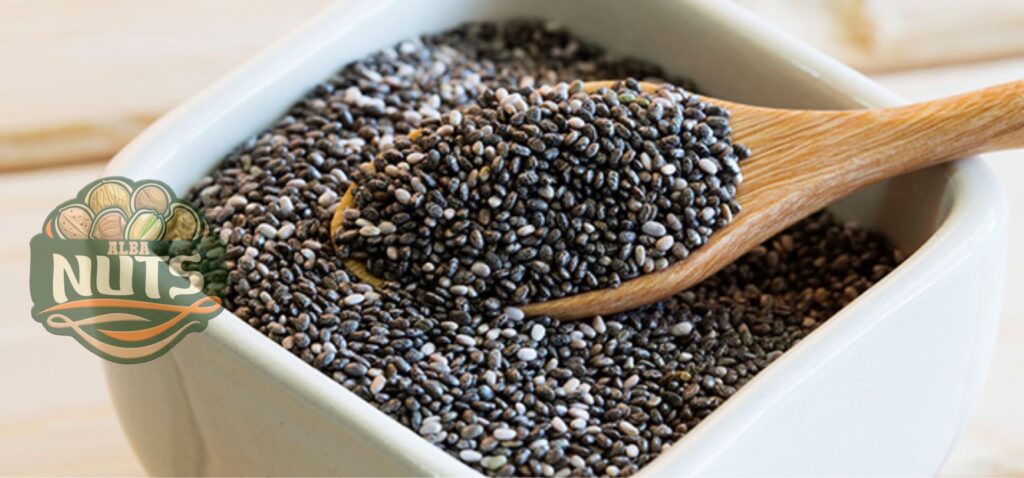
Wild Rice
Wild rice is a grass seed. It is higher in protein as compared to most other whole grains. It also contains 30 times-more antioxidants than white rice. Wild rice is a good source of fibre and nutrients including folate, magnesium, manganese, zinc, phosphorous, niacin and vitamin B6. They have also been found to reduce the level of cholesterol and other fats in the blood. Wild rice is very versatile and can be substituted for white rice in any dish. It is actually a healthy addition to salad or soup.
Pumpkin Seeds
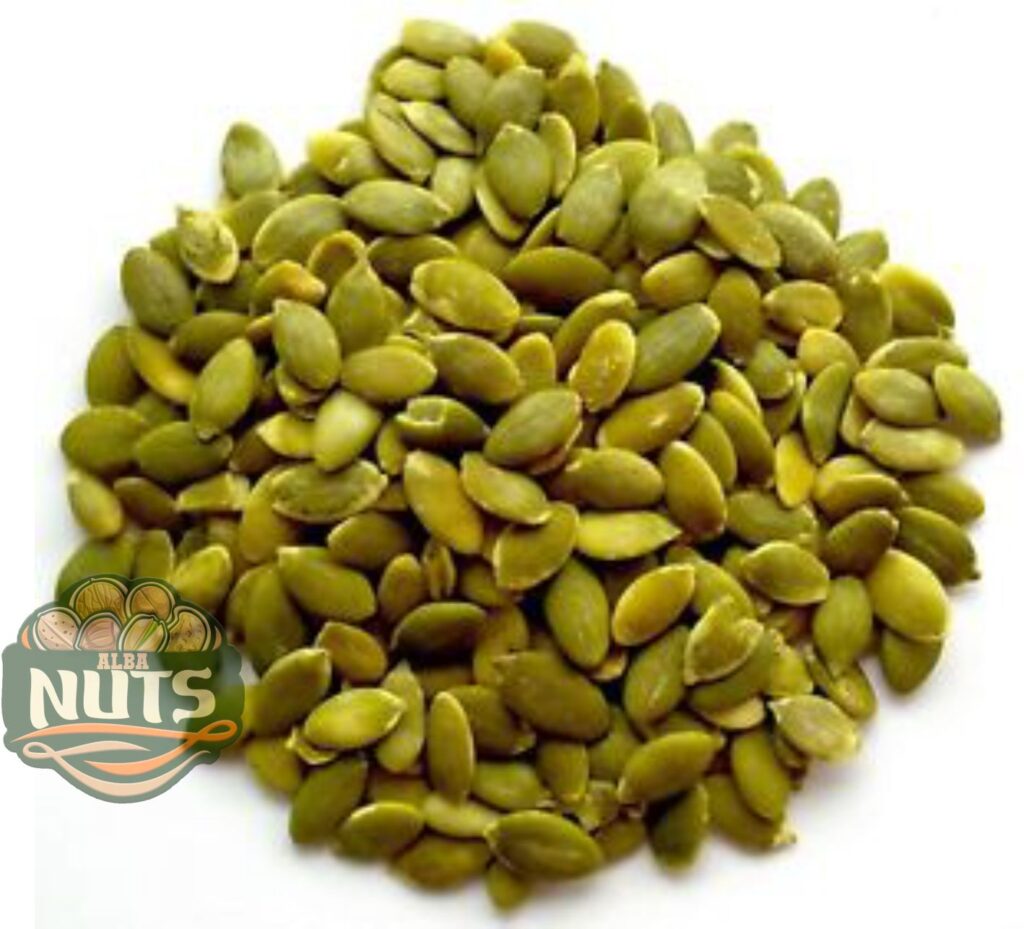
Pumpkin seeds boast of 16% of the daily iron needs in just a ¼ cup. The same cup would also give you 5g of fibre, which beats most nuts. The tasty snack is a good source of amino acids, omega-3s, proteins and minerals like magnesium and zinc. Fresh roasted pumpkin seeds are an excellent snack which can be enjoyed at any time. They can also be sprinkled on oatmeal, be baked into muffins, be mixed into smoothies and added to homemade granola or energy bars.
Pomegranate Seeds
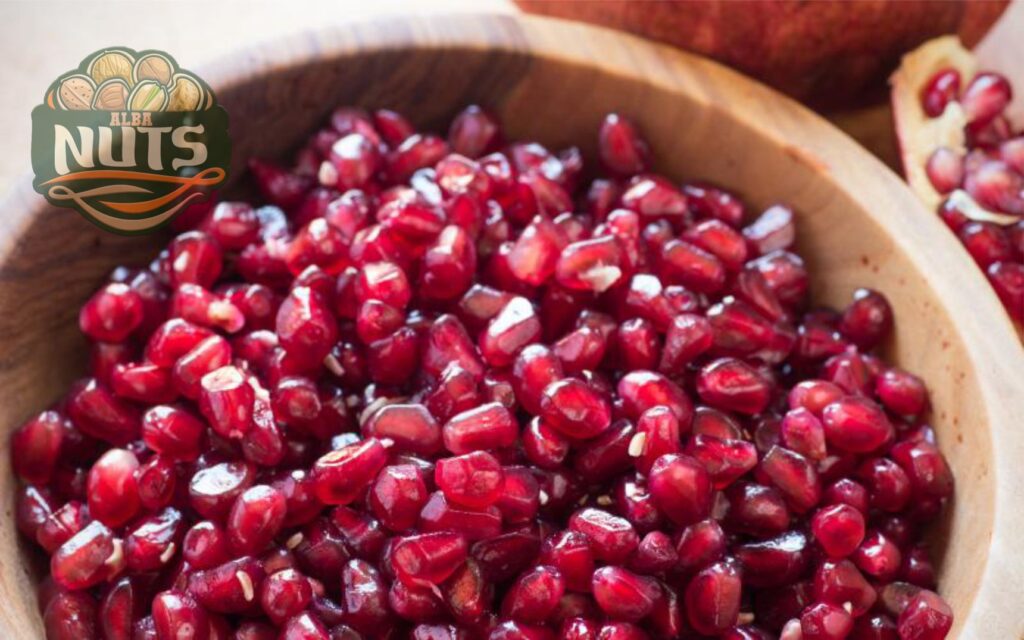
The small red ‘jewels’ are called arils. They have a lot of fibre and 40% of the daily requirement of vitamin C. they also contain heart-healthy antioxidants called polyphenols, that include flavonoids, anthocyanins and tannins. Pomegranate seeds also make a sweet and juicy low-calorie snack. They can be enjoyed in salads, be mixed into yoghurt and made into jelly.
Quinoa
Quinoa has a remarkably high protein content (15%, or 8g per cup), along with amino acids, and vitamin E. It also contains an antioxidant called quercetin. This nutty-flavoured seed can be substituted in grain dishes in place of rice or pasta. Quinoa also makes a healthy gluten-free breading, and can be eaten for breakfast instead of oatmeal.
Flax Seeds
Flaxseed is packed with nutrients; two tablespoons of flaxseed contains 6g of fibre and 4g of protein. It is also rich in alpha-linolenic acid, a type of omega-3 fatty acid. Some studies suggest flaxseed consumption helps improve cardiovascular health. Flaxseed also contains lignans, which may help protect the body from cancer. Adding flaxseed to your diet is easy. They can be baked it into muffins, be mixed in salads, yogurt, smoothies, cereal, and soups and be ground and be used as an egg substitute. [“Flax Egg”: 1 tablespoon ground flax seed plus 3 tablespoons warm water.]
Hemp Seeds
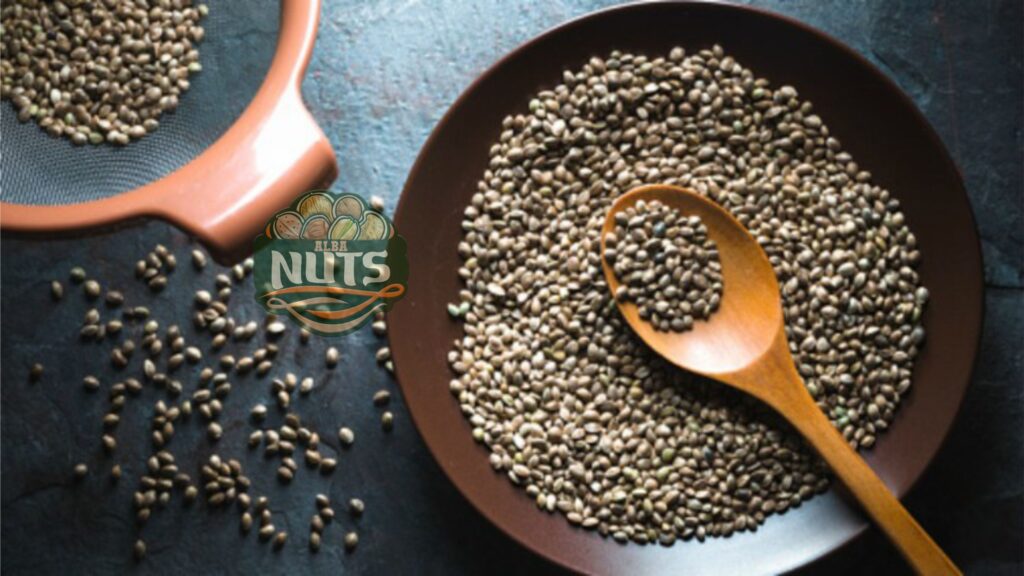
Hemp seeds are an excellent source of heart-healthy omega-3 and omega-6 fatty acids. They pack in 10g of easily digested protein into just 2 tablespoons. Hemp seeds have a mild, nutty flavour. They can be eaten on their own, added to salads, or on top of yogurt. Hemp milk is a good alternative to dairy milk.
Sunflower Seeds
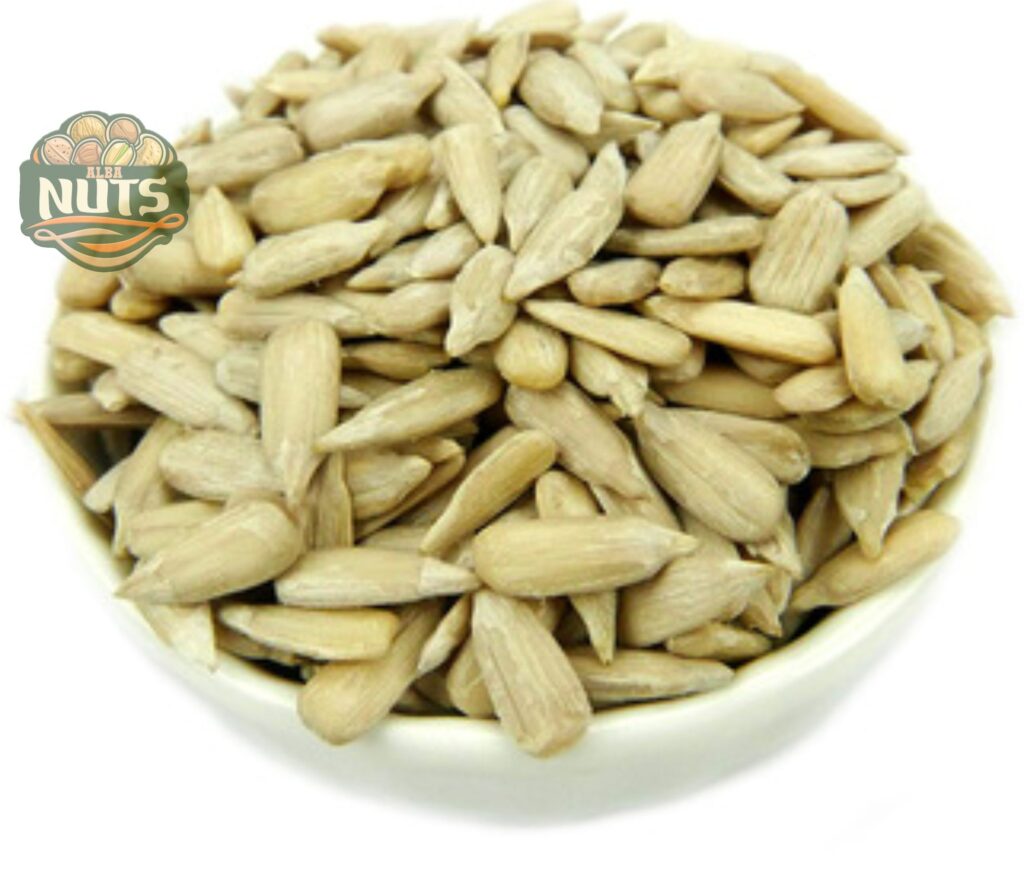
Sunflower seeds are high in healthy fats, as well as: proteins, fibre, phytochemicals, selenium, copper, and magnesium. According to the USDA, sunflower seeds are “the richest source of vitamin E.” Aside from salad toppings, you can add sunflower seeds to muffins or bread recipes, in vegetable dishes or stir-fry, into trail mixes, and in cereals or yoghurt. Try crushed sunflower seeds as a tasty gluten-free coating for fish or chicken.
Sesame Seeds
Sesame seeds contain up to 20% protein and lots of fibre. They are rich in the amino acids tryptophan and methionine. Sesame oil is a good choice for salad dressings as it is rich in linoleic and oleic acids, which have a cholesterol-lowering effect. Tahini (ground sesame seeds) is a main ingredient in hummus, and can also serve as a nut-free substitute for those with food allergies. Sprinkle sesame seeds on salads or stir-fry dishes for an added crunch.
Pine nuts
Pine nuts contain all of the amino acids along with: vitamin A, thiamine, riboflavin, niacin, vitamin E, copper, iron, manganese, and phosphorus. They are also a good source of pinoleic acid, a fatty acid that acts as a natural appetite suppressant. The monosaturated fats found in pine nuts are known to decrease the levels of cholesterol in the blood stream, which in turn, can lower heart attack and stroke risks. Like most of the seeds, you can add them to salads, yogurts, trail mixes, muffins, and vegetable dishes.
Poppy Seeds
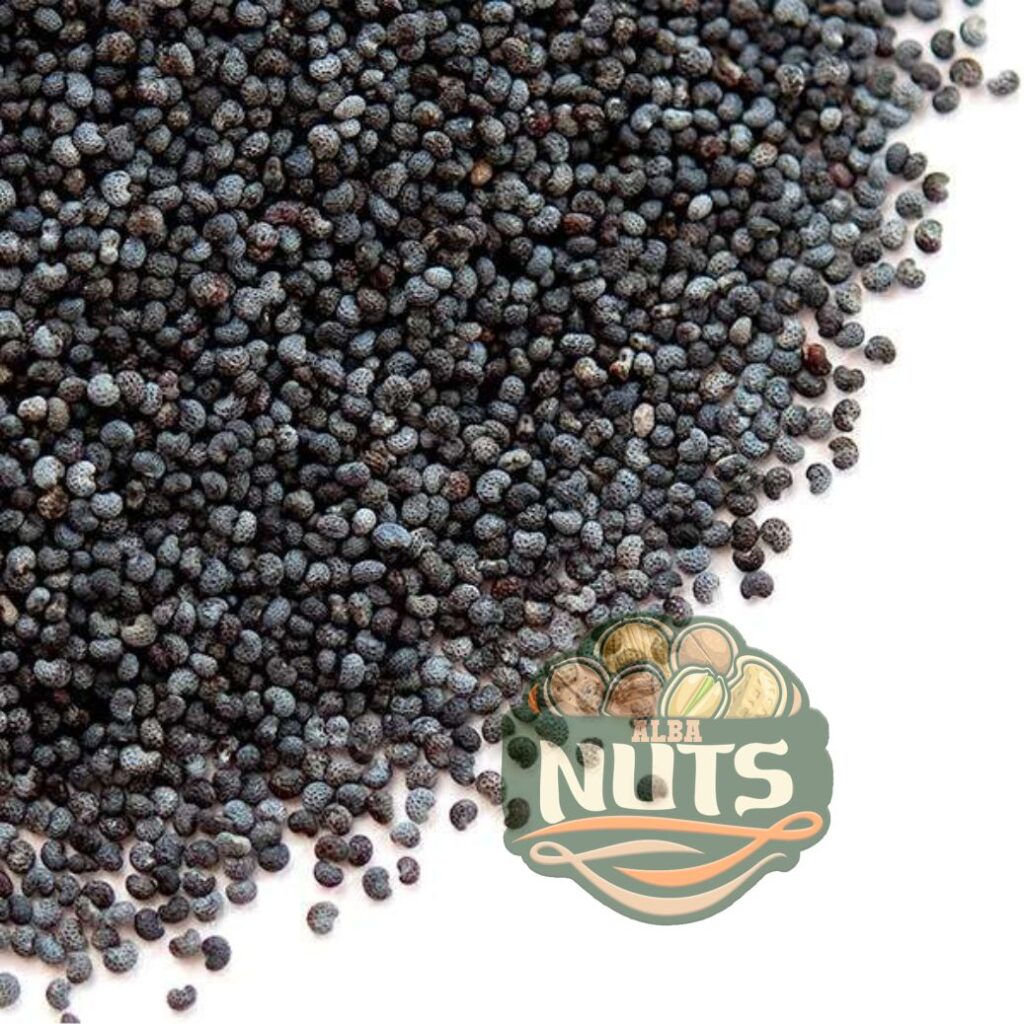
One teaspoon of poppy seeds contains up to 4% of your recommended daily intake of phosphorous, calcium, and iron. Calcium and phosphorous are essential nutrients needed to build healthy bones. Poppy seeds are also a great source of oleic acid, fibre, and omega-3 fatty acids. It’s easy to add poppy seeds to salad dressings, whole wheat pancakes, muffins, or vegetable dishes. Just sprinkle them on!
CAUTION: Poppy seeds may cause false/positive narcotic drug test results
